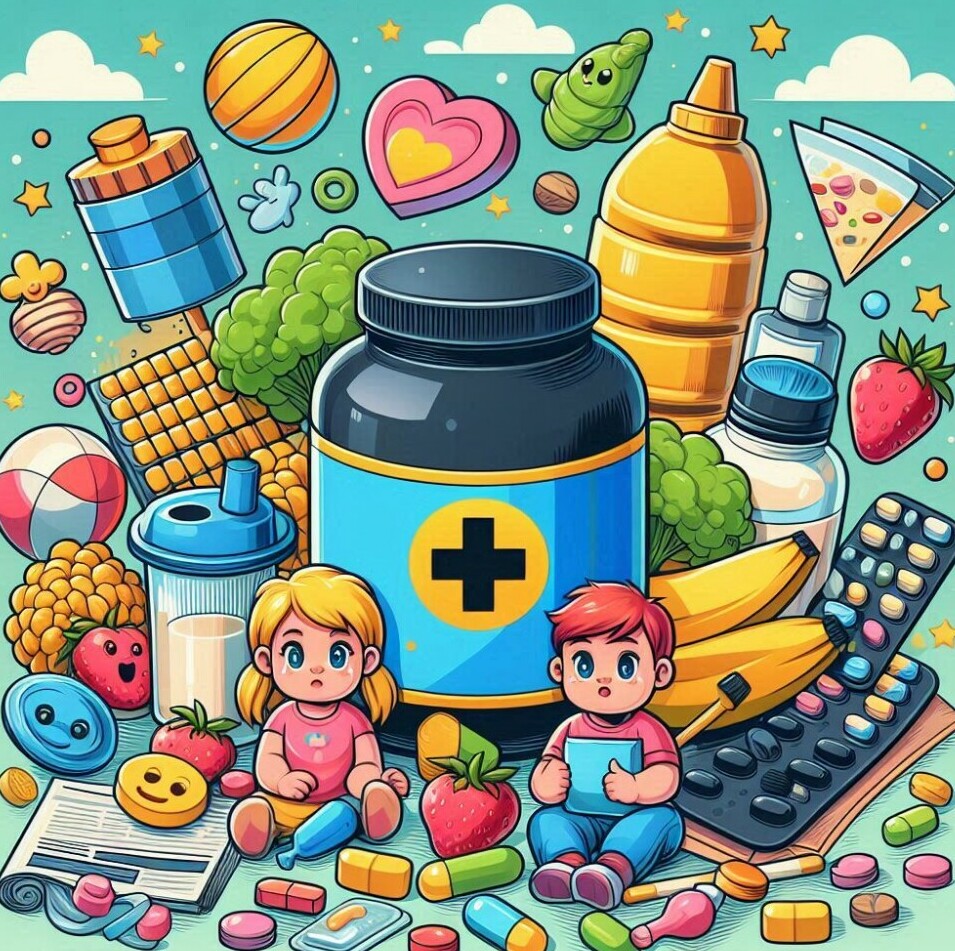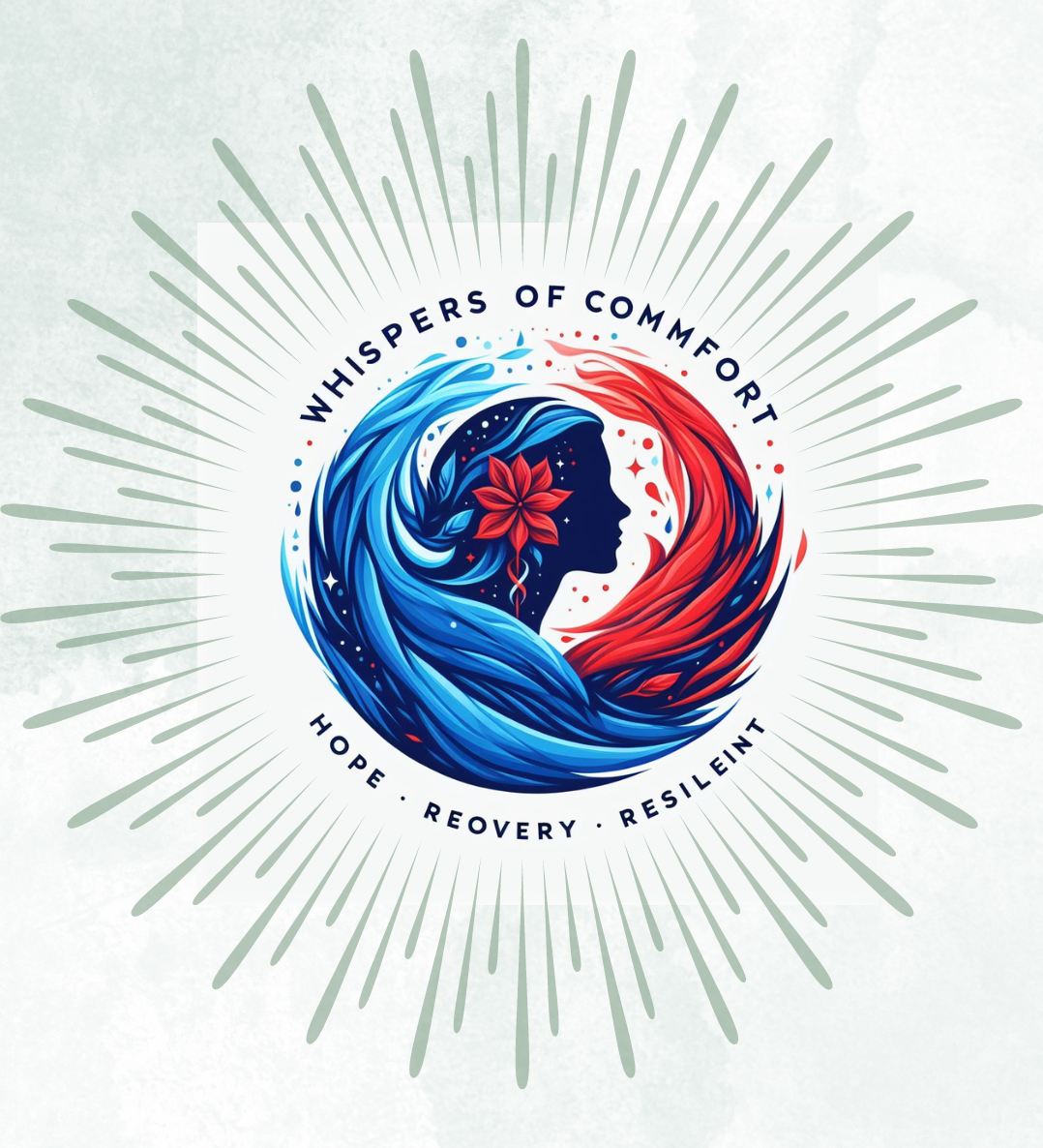
The use of protein supplements for children requires careful consideration.
Protein is one of the building blocks of your body, crucial for growth, repairing tissues, and keeping the immune system strong. For kids, who are constantly growing, it’s especially important. But here’s the kicker: not all proteins are created equal, and they’re not just found in those tubs of powder at the gym.
You’re going to find out about the differences between proteins in foods like meat, dairy, and legumes, compared to the proteins isolated and packed into supplements. While steak, chicken, beans, and milk come with a host of other nutrients, some protein supplements can miss out on these essential extras.
I’m going to give you the rundown on what children actually need. How much protein does a growing body need? Do kids eating a varied diet even need extra protein? These questions are crucial, considering that most children can meet their needs through their meals every day.
It’s not just about how much protein children consume but also about the quality and source. We’ll explore why whole foods are generally the champions in the dietary world for kids and shine a light on specific scenarios where supplementation might make sense.
Transitioning from understanding the nutrition basics for children, you’re going to see how the booming market of protein supplements is trying to fill every possible niche, including products aimed specifically at kids. But before you consider adding a scoop of powder to your child’s smoothie, it’s essential to take a closer look at what’s out there and what you need to know.

You’re going to find out about a growing trend in the wellness industry: the rise of nutritional supplements specifically marketed towards children. This trend includes a range of products, from protein powders and shakes to energy bars, all designed to appeal to kids and their parents.
But what exactly are these products? Let’s break it down. Protein supplements for kids can come in several forms. Powders are often mixed with milk or water to create shakes, while some shakes are pre-made and sold in bottles. Bars are another option, providing a convenient, on-the-go source of protein.
Deciphering the labels on these supplements is crucial. You want to choose something that resonates with you, but it’s more important to select a product that’s suitable for your child. Look for ones with minimal added sugars, high-quality protein sources, and preferably those that are free from artificial colors and flavors.
It’s essential that supplements not replace whole foods. A child’s diet should be rich in a variety of nutrients that come from varied sources, ensuring they get a well-rounded intake. Protein shakes and bars should only complement a diet that’s already nutritious. Picking the right moment to introduce these supplements, if at all, needs careful thought and, ideally, a discussion with a nutrition expert.
The Pros and Cons: Are Protein Shakes Safe for Kids?
I’m going to walk you through an important aspect of children’s nutrition: the safety of protein shakes. While they’re a quick source of protein, we need to consider if they’re a good fit for kids.
Protein supplements, like shakes, can be beneficial for children with specific dietary needs. For example, a child who’s a picky eater or one with a high activity level may require more protein, and in some cases, supplements might help fill that gap.
However, it isn’t all smooth sailing. There are real risks associated with excessive protein intake. A child’s kidneys are still developing, and too much protein can be a burden on them. This can lead to potential health issues like dehydration and nutrient imbalance.
So, what’s the verdict from pediatricians? Most agree that whole foods should be the go-to source for protein. It’s not just about the protein; whole foods come packed with essential vitamins, minerals, and fiber, which aren’t always present in shakes.
But I also understand that life with kids is unpredictable, and dietary needs can vary greatly. That’s why it’s crucial to hear from parents who’ve navigated this terrain. Many share experiences where a protein shake helped their child meet nutritional needs, yet they also emphasize moderation and medical guidance.
In my opinion, these shakes can serve as a supplement but should never replace whole foods. As we move to the next section, remember that the goal is safe and balanced nutrition. Choosing a supplement should always be a well-considered decision, paired with professional advice.
Guidelines for Supplementing Safely: A Parent’s Guide
I’m going to give you some valuable tips to ensure if you decide to include protein supplements in your child’s diet, it’s done safely and effectively. Remember, this isn’t a decision to rush into; it requires careful consideration, and often, a chat with a healthcare professional is the best starting point.
Choose something that resonates with you and your child’s needs, but don’t forget the big picture—a healthy and varied diet is key. Protein supplements can fill gaps, but they’re not a silver bullet.
If you’re introducing protein shakes or other supplements, keep an eyeful. You can always adjust your approach down the road based on how your child is responding. And that’s going to include monitoring growth patterns, activity levels, and overall health.
Educate your children about nutrition and why certain choices are made. Kids who understand the why behind the what are more likely to make informed decisions about their diet as they grow up.
Finally, stay informed. The world of nutrition is always evolving, and what’s recommended today might change tomorrow. There’s a lot of opportunity in keeping up with the latest research, but that also means a responsibility to adapt as new knowledge comes to light.
I hope that you feel empowered to make the best choices for your child’s nutritional needs, and remember, I’m here to help you navigate these decisions. The safety and health of your kids are paramount, and with the right approach, there’s a balance to be found.
Overreliance on protein supplements in children may pose risks such as nutrient imbalances and undue strain on developing kidneys. Whole foods should be prioritized, and health care professionals should be consulted before parents and caregivers introduce protein supplements into a child’s diet to ensure their safety, optimal growth and development.
Kindly share your comments and experiences below.
**Here’s a little transparency: Our website contains affiliate links. We may receive a small commission if you click and make a purchase. Don’t worry, as there’s no extra cost to you. It’s a simple way to support our mission of bringing you quality content.
Follow me on social media!

Hi, this is good thing to talk about because lots of kids are in sports and are super active and parents don’t really have that much time to cook a d often don’t provide the healthiest meals. But I’m just wondering what should I look for on the label to as a absolute mist to avoid? And what brand is cheapest?
Thanks
Hi Jake,
Thank you for your comments and contributions. I agree with you that the busy schedule of parents in our modern world today could pose a great challenge to providing healthy meals to active kids.
Nevertheless, here are a few things to look out for and avoid when looking at food labels: added sugar (e.g., fractose cane syrup), trans fat (e.g., hydrogenated oils), high sodium (foods with lower sodium content would do), and artificial additives (avoid artificial flavours and preservatives).
Options like store brands, bulk buying, generic organic brands, etc. could be considered affordable health brands.
I appreciate your insights and thoughtfulness.
I wish you all the best.
Makinde
Hello, thanks for reminding us about protein supplements for children. Personally, I wouldn’t give them to my children because I’d rely more on a healthy diet for them. I know that protein supplements are great especially if you don’t have time to eat the right amount of protein during the day. But I wouldn’t give them to children before they’ve reached a mature age.
Hello,
Thank you for your comment and contributions to the article. In my own opinion prioritizing healthy diet for our children remains the best approach.
The provision of nutrition through natural food is very important, especially for growing kids. However, protein supplements can be used for adults with busy schedules.
I commend your thoughtful view in waiting until they reach maturity before considering supplements, because great care has to be taken when it comes to administering supplements to children.
I appreciate your insights.
Makinde